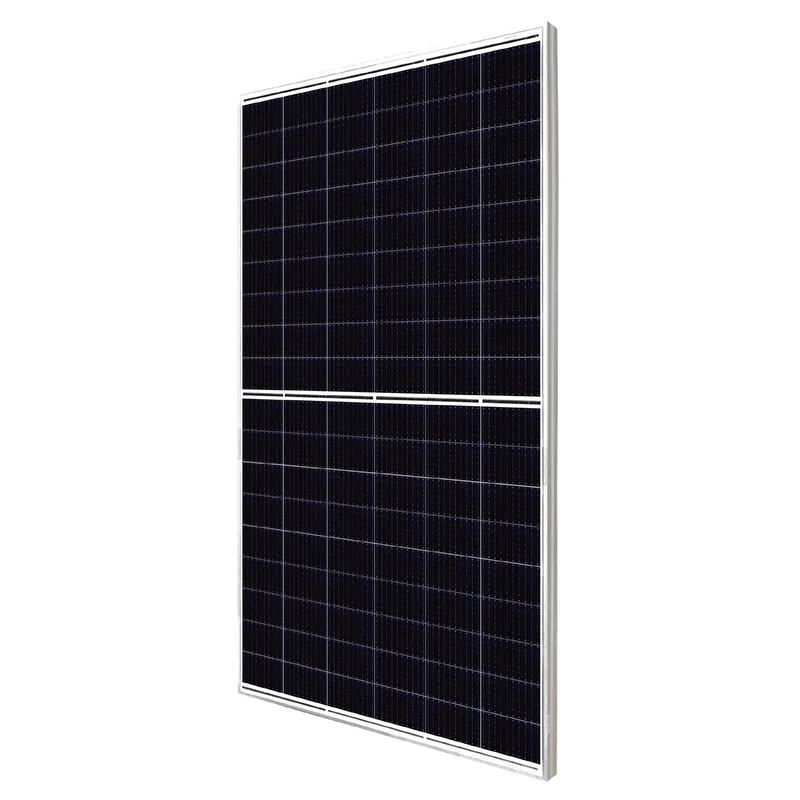efficiency of modern solar panels
Understanding the Efficiency of Modern Solar Panels
The growing concern over climate change and the need for sustainable energy sources have propelled solar energy to the forefront of renewable energy discussions. As technology advances, the efficiency of modern solar panels has significantly improved, making them a more viable option for both residential and commercial energy needs. Understanding the efficiency of these panels is crucial for maximizing their benefits and optimizing energy production.
Solar panel efficiency refers to the percentage of sunlight that the panels can convert into usable electricity. In the early days of solar technology, efficiencies typically hovered around 10-15%. However, advancements in materials and manufacturing processes have enabled modern solar panels to achieve efficiencies of 20% to 25%, with some high-performance models even exceeding 26%. This means that a panel with 20% efficiency can convert one-fifth of the sunlight that hits it into electricity, while the rest is reflected or absorbed as heat.
Several factors influence the efficiency of solar panels. One of the most significant factors is the type of photovoltaic (PV) technology used. There are mainly three types of solar panels monocrystalline, polycrystalline, and thin-film. Monocrystalline panels are made from a single crystal structure and are currently the most efficient, typically achieving efficiencies between 20% and 25%. Their sleek appearance and high performance make them a popular choice for many homeowners.
Polycrystalline panels, on the other hand, are made from multiple crystal structures. While they are generally less expensive to produce, their efficiency ranges from about 15% to 20%, making them a suitable option for those on a tighter budget. Thin-film panels offer a more cost-effective alternative and are lightweight and flexible, but their efficiency usually falls between 10% and 12%. This lower efficiency means that larger surface areas are required to generate the same amount of power as their crystalline counterparts.
efficiency of modern solar panels

Another important aspect of solar panel efficiency is the impact of environmental conditions. Factors such as temperature, shading, and orientation can significantly influence performance. For example, solar panels generally perform better in cooler temperatures. Extreme heat can decrease their ability to convert sunlight to electricity effectively. Proper installation is crucial; panels should be oriented to maximize exposure to sunlight and should be positioned where shade from trees or buildings is minimized.
Moreover, the efficiency rating is not the sole determinant of a solar panel's overall effectiveness. The energy yield, which factors in the panel's efficiency along with the local climate conditions and installation angles, provides a more comprehensive view of its performance. This means that a slightly less efficient panel may perform better in certain conditions than a more efficient one, depending on how much sunlight it effectively receives throughout the day.
In recent years, research and development efforts have been directed towards improving solar panel efficiencies even further. Innovations such as bifacial solar panels, which capture sunlight on both sides, and tandem solar cells that stack multiple layers of materials have shown great potential. These technological advancements could push the efficiency ratings beyond current limits, making solar energy an increasingly attractive option for a broader range of applications.
In conclusion, the efficiency of modern solar panels is pivotal in harnessing solar energy effectively. With advancements in technology leading to higher efficiency ratings and a better understanding of how various factors influence performance, solar energy continues to emerge as a crucial player in the global transition towards sustainable energy solutions. As we continue to innovate and improve our methods of energy production and consumption, solar panels will undoubtedly be at the heart of a cleaner, greener future.
-
Unlocking Energy Freedom with the Off Grid Solar InverterNewsJun.06,2025
-
Unlock More Solar Power with a High-Efficiency Bifacial Solar PanelNewsJun.06,2025
-
Power Your Future with High-Efficiency Monocrystalline Solar PanelsNewsJun.06,2025
-
Next-Gen Solar Power Starts with Micro Solar InvertersNewsJun.06,2025
-
Harnessing Peak Efficiency with the On Grid Solar InverterNewsJun.06,2025
-
Discover Unmatched Efficiency with the Latest String Solar InverterNewsJun.06,2025







